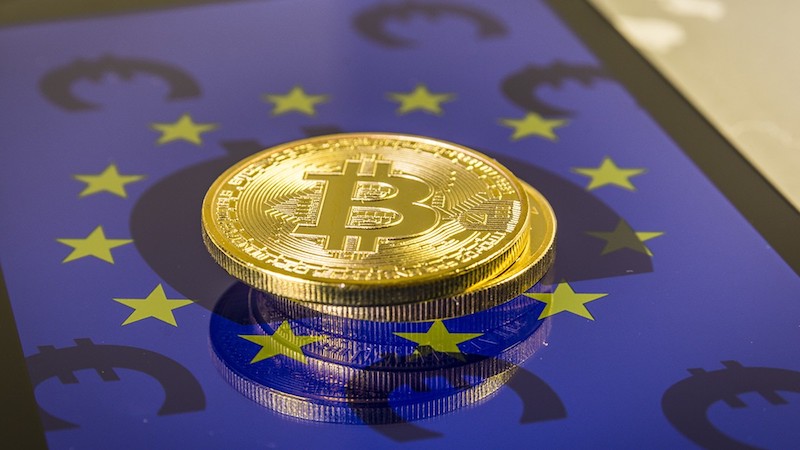The EU has been urged to implement common regulations on cryptocurrencies and scrutinise how new digital units are distributed to investors and subsequently traded.
A report by Brussels-based think tank Bruegel underlined the risks arising from cryptocurrencies and is due to be presented to EU finance ministers who are meeting on Friday and Saturday in Vienna.
According to Reuters, the report calls for EU-level regulation of crypto exchanges and clearer rules on “Initial Coin Offerings” (ICOs) to control risks and exploit the potential of the industry and its underlying Blockchain technology.
The report comes as Malta adopted the “Blockchain island” moniker in a bid to attract companies operating in the Bitcoin and other cryptocurrencies space.
This week The Shift News revealed that crypto-exchanges moving to Malta before October could operate until 2020 without complying with anti-money laundering (AML) and market manipulation rules.
Read more: The catch behind the Blockchain Island gold rush
New EU rules on money laundering will increase checks on crypto exchanges but are unlikely to be fully operational in all member states before 2020. Regulation of the platform business is largely left to national authorities.
In reference to crypto-trading giant Binance’s recent move to Malta, Bruegel said this “might suggest that there is scope for regulatory arbitrage” following a crackdown on exchanges in some Asian countries.
However, the report also said exchanges seeking jurisdictions with lighter regulation might need to be tolerated for some time “to experiment and learn about the best approaches to this fast-developing technology”.
So far the EU has avoided comprehensive regulation because of the sector’s relatively small size and the low percentage of trade in bitcoin, the most popular cryptocurrency, into euro.
However, they have long worried about the market’s high volatility and the risk of fraud and money laundering with Europol warning that criminals in Europe are using cryptocurrencies to launder as much as $5.5 billion in illegal money.
Cryptocurrency is a form of digital currency unregulated by a Central Bank and governments are now making a move to attempt to regulate it. In June, the G20 reiterated its intent to bring the cryptocurrency sector under international anti-money laundering standards by October.
Austria, which currently holds the rotating EU presidency, is asking whether EU regulations need changing to address “potential risks posed by crypto assets” and harness their full potential, according to a preparatory document for the meeting of finance ministers.
In its report, Bruegel said regulation of bitcoins as such is impossible because of their virtual nature, but that of entities dealing with the instruments, such as exchanges, could be subject to stricter disclosure rules or even be banned.
“As done in China, mining farms can be forbidden,” the document said, referring to the business of releasing new cryptocurrencies.












